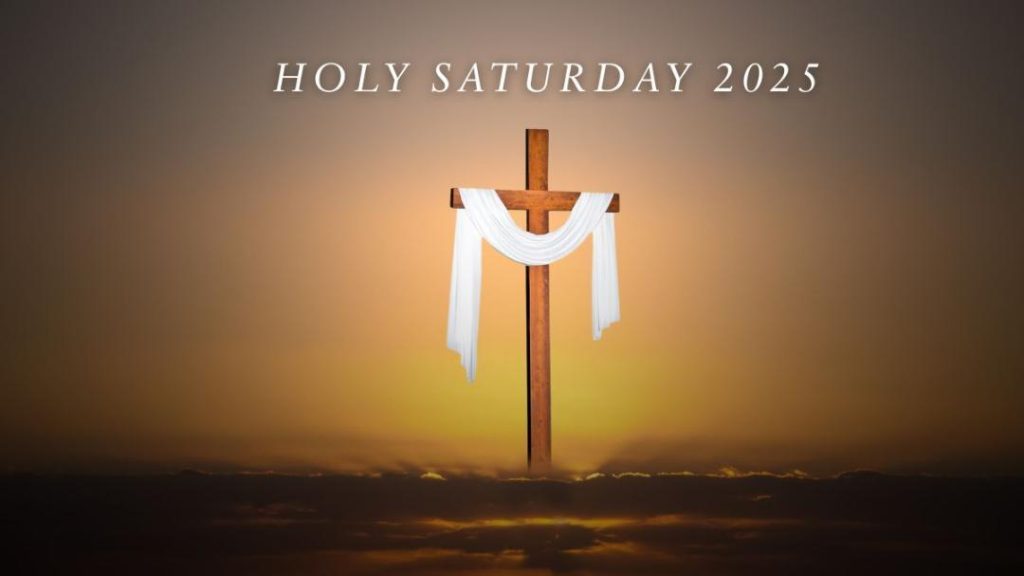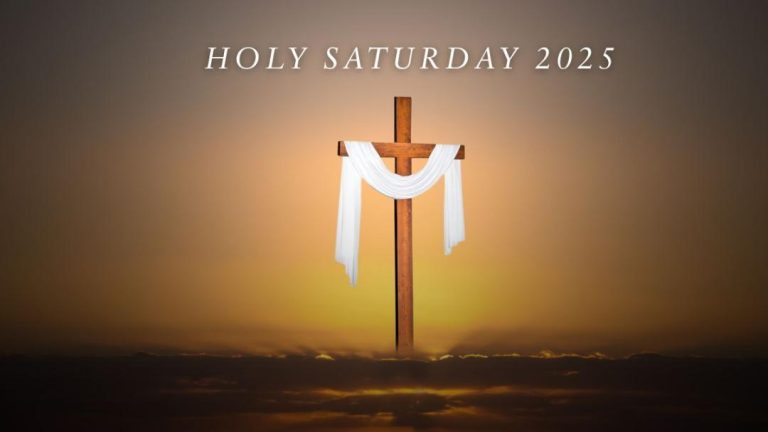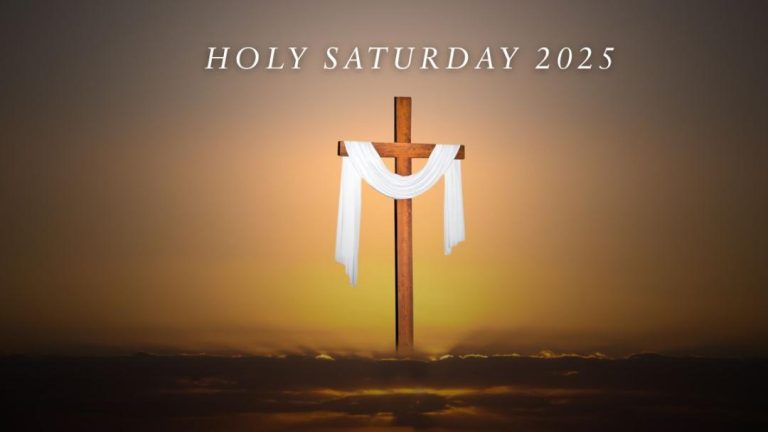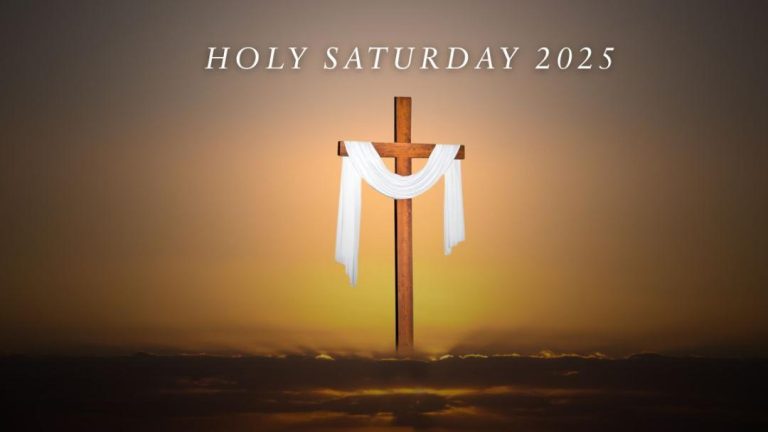
What is Holy Saturday & why is it celebrated?
As we approach the Easter season, many Christians around the world are preparing to celebrate one of the most significant events in the Christian calendar – the resurrection of Jesus Christ. However, before we get to the joy and celebration of Easter Sunday, there is a day of quiet reflection and anticipation that comes first – Holy Saturday.
Observed between Good Friday and Easter Sunday, Holy Saturday marks the day Jesus Christ lay in the tomb after his crucifixion. It is a day of silence, reflection, and anticipation before the celebration of his resurrection. This year, Holy Saturday will be observed on April 19, 2025, followed by Easter Sunday on April 20.
So, what is Holy Saturday, and why is it celebrated? In this blog post, we will delve into the history, significance, and traditions surrounding this important day in the Christian calendar.
History of Holy Saturday
Holy Saturday, also known as Easter Eve, has its roots in the early Christian era. According to the New Testament, Jesus Christ was crucified on Good Friday and was buried in a tomb. The disciples and followers of Jesus were devastated by his death and were left wondering what would happen next.
On the third day after his death, Jesus was said to have risen from the dead, appearing to his disciples and followers. This event marked the beginning of Christianity and the foundation of the Christian faith.
The day between his death and resurrection, which is now known as Holy Saturday, was a time of great uncertainty and anticipation for the early Christians. They did not know what would happen next or what the future held for them.
Significance of Holy Saturday
Holy Saturday is significant for several reasons. Firstly, it marks the culmination of Jesus’ journey on earth, from his birth to his death and resurrection. It is a day of reflection on the significance of Jesus’ sacrifice and the hope that it brings to humanity.
Secondly, Holy Saturday is a reminder of the power of redemption and the promise of eternal life. According to Christian doctrine, Jesus’ death and resurrection offer salvation to all humanity, and Holy Saturday is a day to reflect on this gift.
Thirdly, Holy Saturday is a time of anticipation and expectation. As Christians wait for the joy and celebration of Easter Sunday, they are reminded of the promise of Jesus’ resurrection and the hope that it brings.
Traditions and Customs
Holy Saturday is celebrated differently in various Christian traditions. Here are a few examples:
- In the Catholic Church, Holy Saturday is marked with a special vigil service, which begins in the evening and continues until dawn on Easter Sunday. The service includes readings, prayers, and the lighting of the Easter candle.
- In the Eastern Orthodox Church, Holy Saturday is known as Holy and Great Saturday, and it is celebrated with a long service that includes the reading of the Passion of Christ and the chanting of hymns.
- In some Protestant traditions, Holy Saturday is observed with a special service or reflection time, which may include the reading of Scripture and prayers.
Conclusion
Holy Saturday is a significant day in the Christian calendar, marking the period of time between Jesus’ death and resurrection. It is a day of silence, reflection, and anticipation, as Christians prepare to celebrate the joy and hope of Easter Sunday.
Whether you are Catholic, Protestant, or Eastern Orthodox, Holy Saturday is an opportunity to reflect on the significance of Jesus’ sacrifice and the hope that it brings to humanity. Take some time this year to observe Holy Saturday with a special service or reflection time, and remember the power of redemption and the promise of eternal life.





